SiC陶瓷膜管气体渗透性能研究毕业论文
2020-07-05 17:23:10
摘 要
SiC陶瓷膜已经广泛引用于气体分离领域,但在运行中存在气速、压力和通量分布不均的问题。本文建立了SiC管式膜3D渗透传质模型,优化了计算网格的数量,通过实验验证了模型的准确性;然后考察了膜管长度对气速、压力和通量的影响。基于渗透过程的CFD模型的建立,结果表明:当网格数量大于40万以后,管式膜的壳程与管程的压力分布趋于稳定,流场分布分布更加均一,最优化的网格数量在40万左右;数值模拟的结果与实验结果吻合性较好,误差在10%以内,建立的模型准确性较好。基于膜管长度变化的均布性研究,结果表明:在气体入口压力为1kPa,渗透速率为0.018m/s,进口气速为0.03m/s时,孔隙率43%,平均孔径5μm的陶瓷膜压力均布性及单位管长渗透通量均随长度的增加而降低。
关键词:碳化硅陶瓷膜 气体分离 传质模型 压力均布性 渗透通量
Study on the gas permeability of SiC ceramic tube
ABSTRACT
SiC ceramic membrane has been widely used in the field of gas separation, but there are problems that the distribution of gas velocity, pressure and flux is uneven in the process of operation. In this paper, the mass transfer model of SiC tube membrane 3D permeation is established, the number of computational grids is optimized, and the accuracy of the model is verified by experiments. Then the influence of the length of the membrane tube on the gas velocity, pressure and flux is investigated. After the establishment of the CFD model based on the infiltration process, the results show that when the number of grids is greater than 400 thousand, the pressure distribution of the shell path and the tube process tends to be stable, the distribution of the flow field is more uniform. The optimal number of grids is about 400 thousand; the results of the numerical simulation are in good agreement with the experimental results, and the error is less than 10%. The accuracy of the model is good. The results show that when the permeation flux is 65000, the inlet pressure is 1kPa, the permeation rate is 0.018, and the inlet gas velocity is 0.03, the tube of which the porosity is 43%, the average pore size is 5, experiencing decreases of pressure homogeneity and unit pipe length permeation flux with the length of pipe increases.
Key Words:Silicon carbide ceramic membrane;Gas separation; Mass transport model;pressure homogeneity;Permeation flux
目 录
摘 要 I
ABSTRACT II
第一章 文献综述 1
1.1 背景简介 1
1.2 陶瓷膜应用现状 1
1.2.1 气固分离 1
1.2.2 废水处理 2
1.2.3 饮用水净化 2
1.2.4 医药用水制备 3
1.2.5 膜催化反应 3
1.2.6 食品生产 3
1.2.7 渗透气化 4
1.2.8 生物化工 4
1.3 陶瓷膜气体分离机理 4
1.3.1 表面扩散 4
1.3.2 努森扩散 4
1.3.3 毛细管冷凝 5
1.3.4 分子筛分 5
1.4 SiC陶瓷膜应用前景 5
1.5 计算机流体力学(CFD)概况 5
1.5.1 简介 5
1.5.2 使用计算机流体力学模拟的一般步骤 5
1.5.3 计算机流体力学在膜过滤中的应用 6
1.6本章小结 6
第二章 SiC陶瓷膜管气体渗透模型的建立 7
2.1 数学模型的建立 7
2.2 物理模型 9
2.3 模型假设 9
2.5 网格无关性研究 9
2.6 数学模型验证 10
2.7 本章小结 11
第三章 长度对膜管均布性影响的研究 12
3.1 模型建立 12
3.2 计算方法 12
3.3 模拟参数 12
3.4 网格划分 13
3.5 结果与讨论 13
3.5.1 长度对气体压力分布的影响 13
3.5.2 长度对气体速度分布的影响 15
3.6 本章小结 19
第四章 总结 20
参考文献 21
致谢 23
- 文献综述
1.1 背景简介
当代社会在快速发展的过程中也涌现出不少环境问题,环境污染,资源浪费等问题层出不穷。虽然将以上种种全部归结于工业生产有失公允,但是过去的数十年间工业的发展确实极大地助长了雾霾,河流污染等环境问题。由于生产工艺的落后与对经济利益的过分追求,工厂在造成污染的同时也产生了大量的诸如煤炭、钢铁等资源的浪费的例子屡见不鲜。然而现代社会的正常运转离不开工业生产,要缓解工业生产带来的社会问题,不仅要改进高污染高消耗的旧生产工艺,也要寻求更加高效的分离技术[5]。分离技术的进步有利于提高原材料使用及污染物的分离效率,以此达到减少资源浪费与环境污染的作用。
作为当下最热门的分离技术之一,膜分离技术迅速发展并受到了广泛的重视和使用。20世纪60年代,人们开始将膜分离技术用于海水淡化,这也是膜分离技术在工业生产中的首次应用。70年代,微滤、超滤和反渗透等水处理膜被开发出来。80年代,膜分离技术与其他分离技术结合,进入快速发展阶段,膜分离技术逐渐成熟并开始在世界范围内推广使用。经过之后数年的发展,如今膜分离技术已经广泛应用于水处理、食品、环保、生物、能源、电子、冶金等领域。由于膜材料和膜分离操作工艺的特性,膜分离技术具有选择性好、能耗低且使用操作简单等优点受到各国政府及科研机构的重视[13]。
相关图片展示:
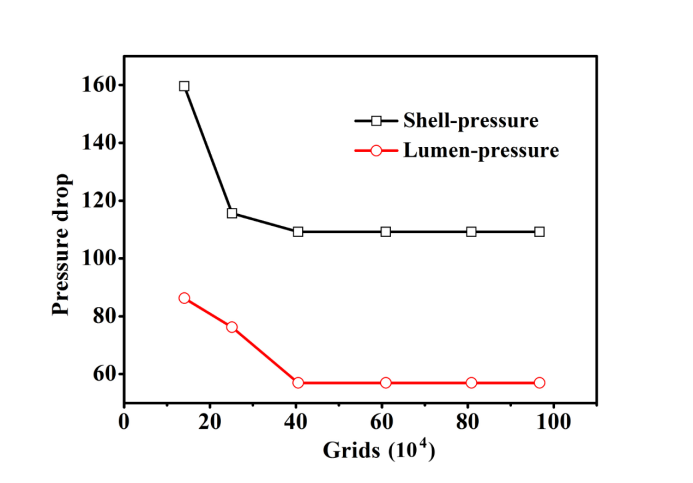
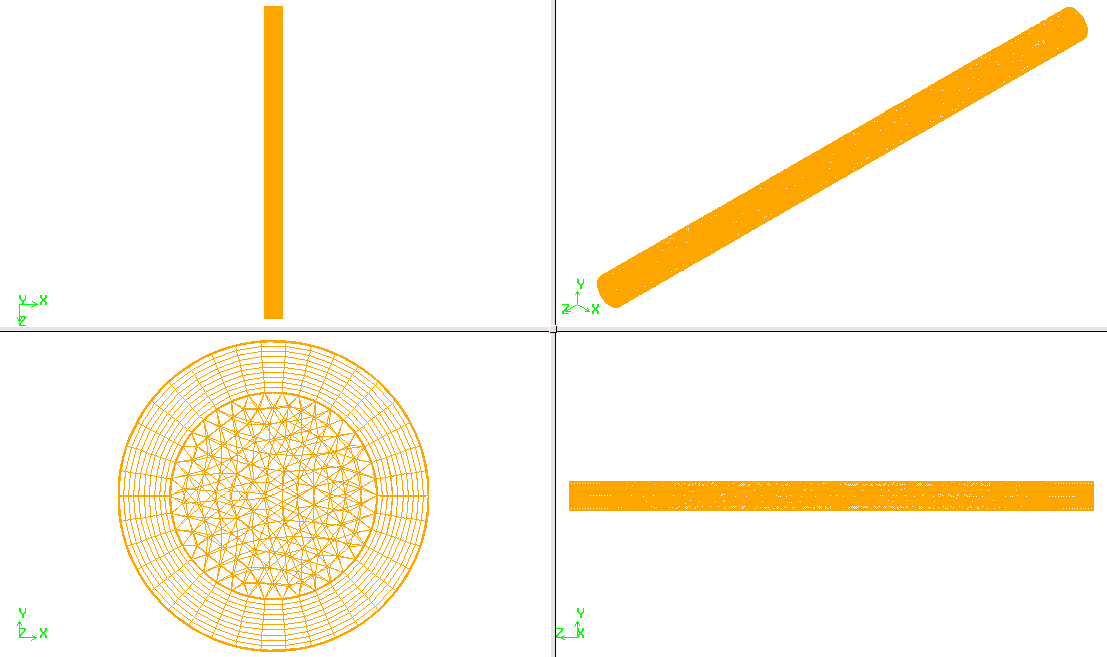
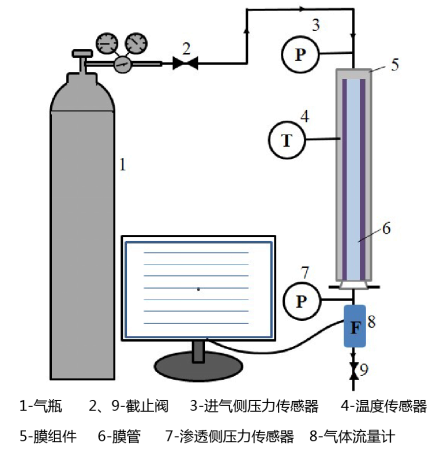
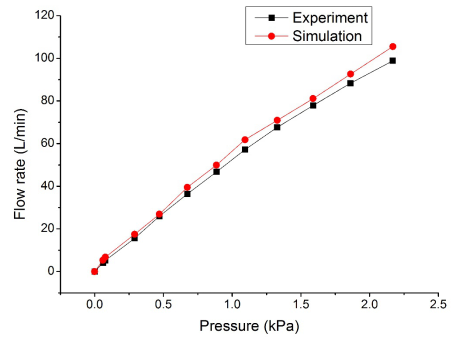
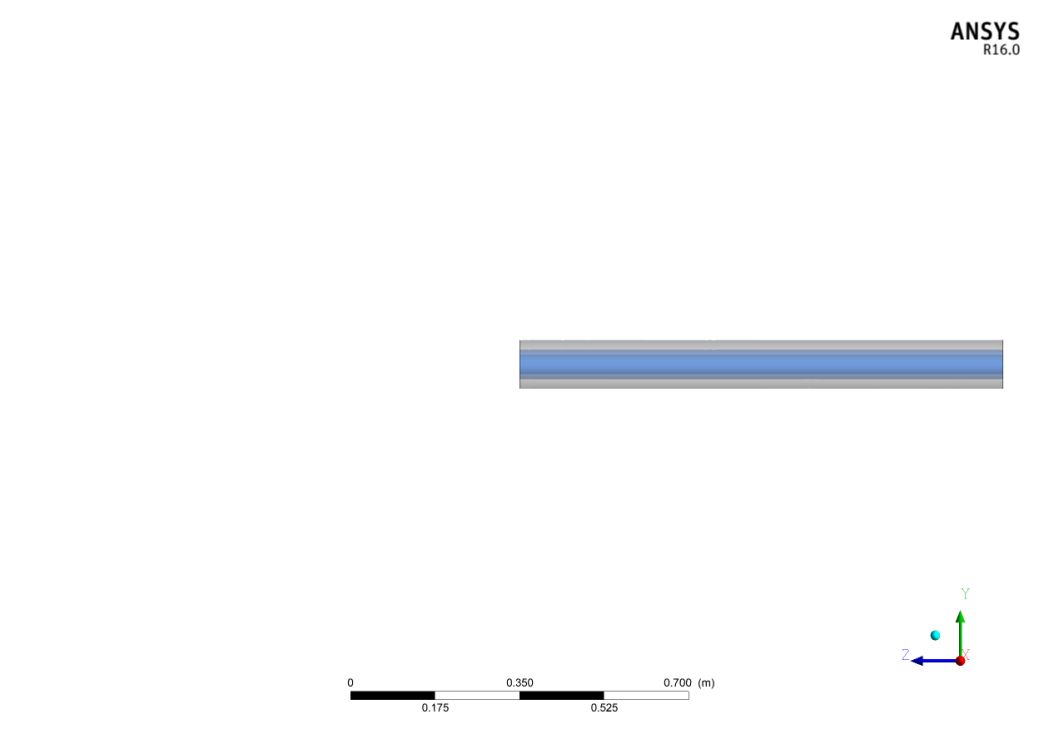
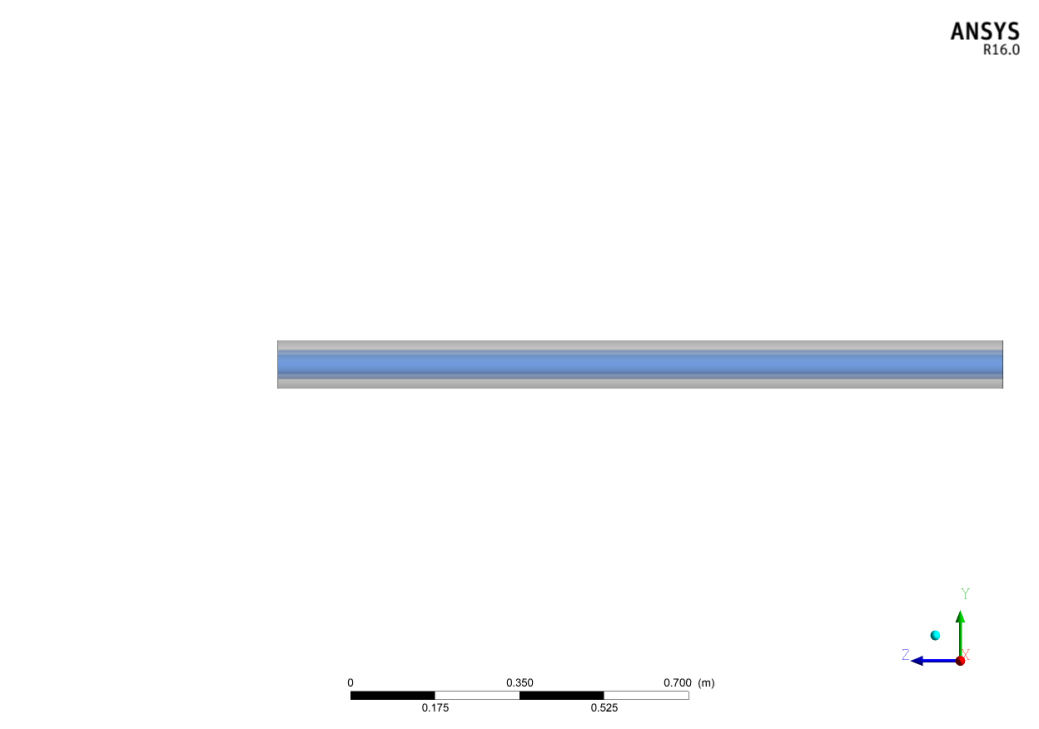
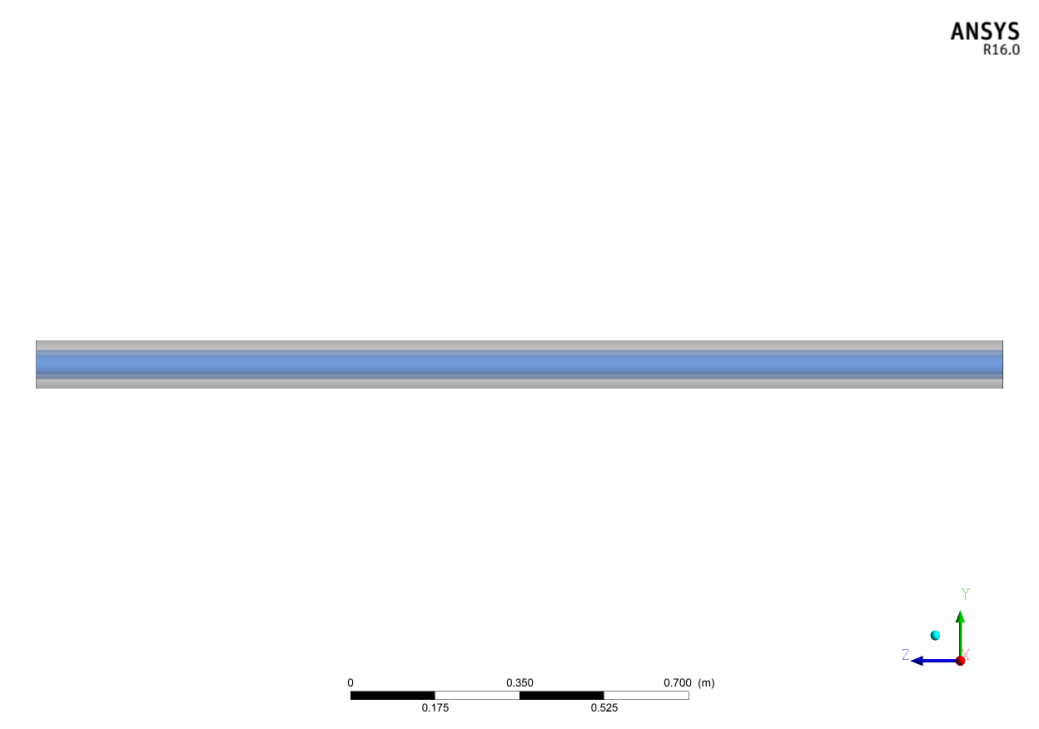
课题毕业论文、开题报告、任务书、外文翻译、程序设计、图纸设计等资料可联系客服协助查找。



